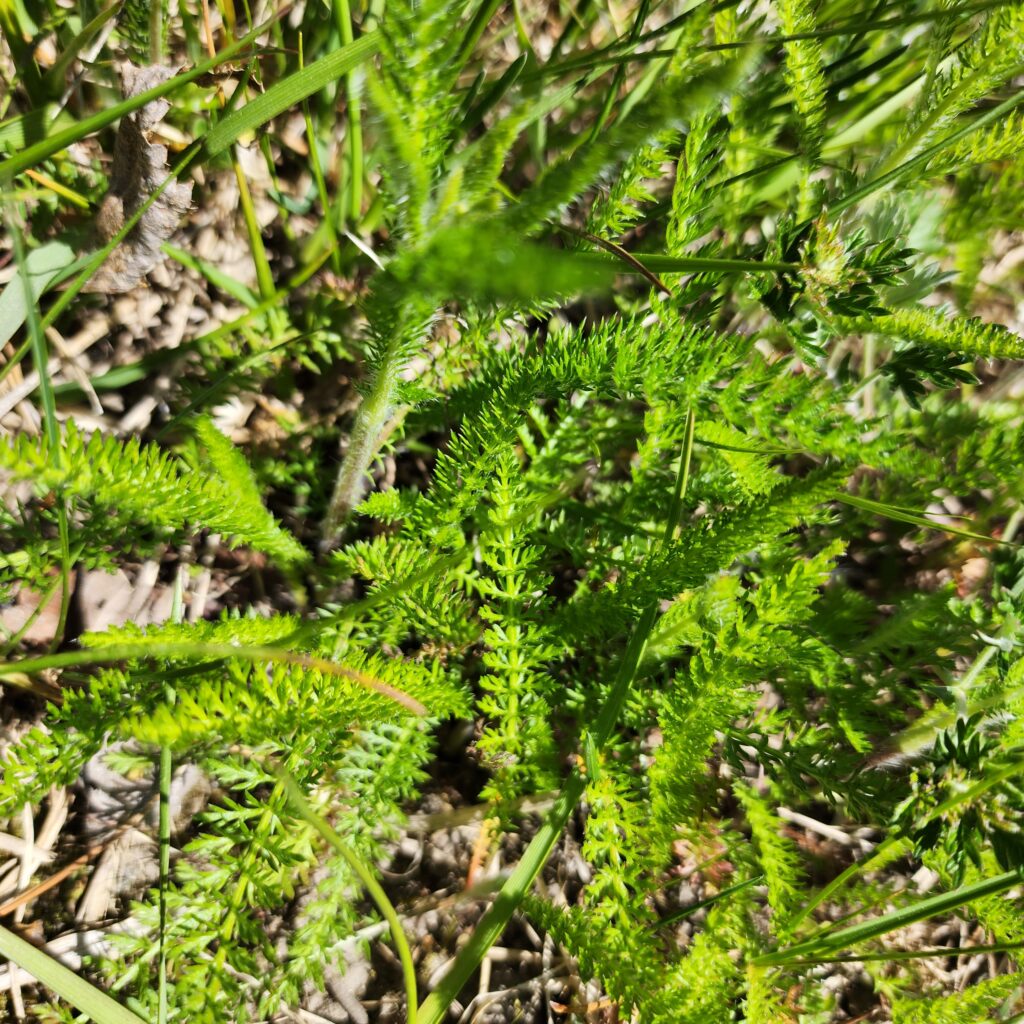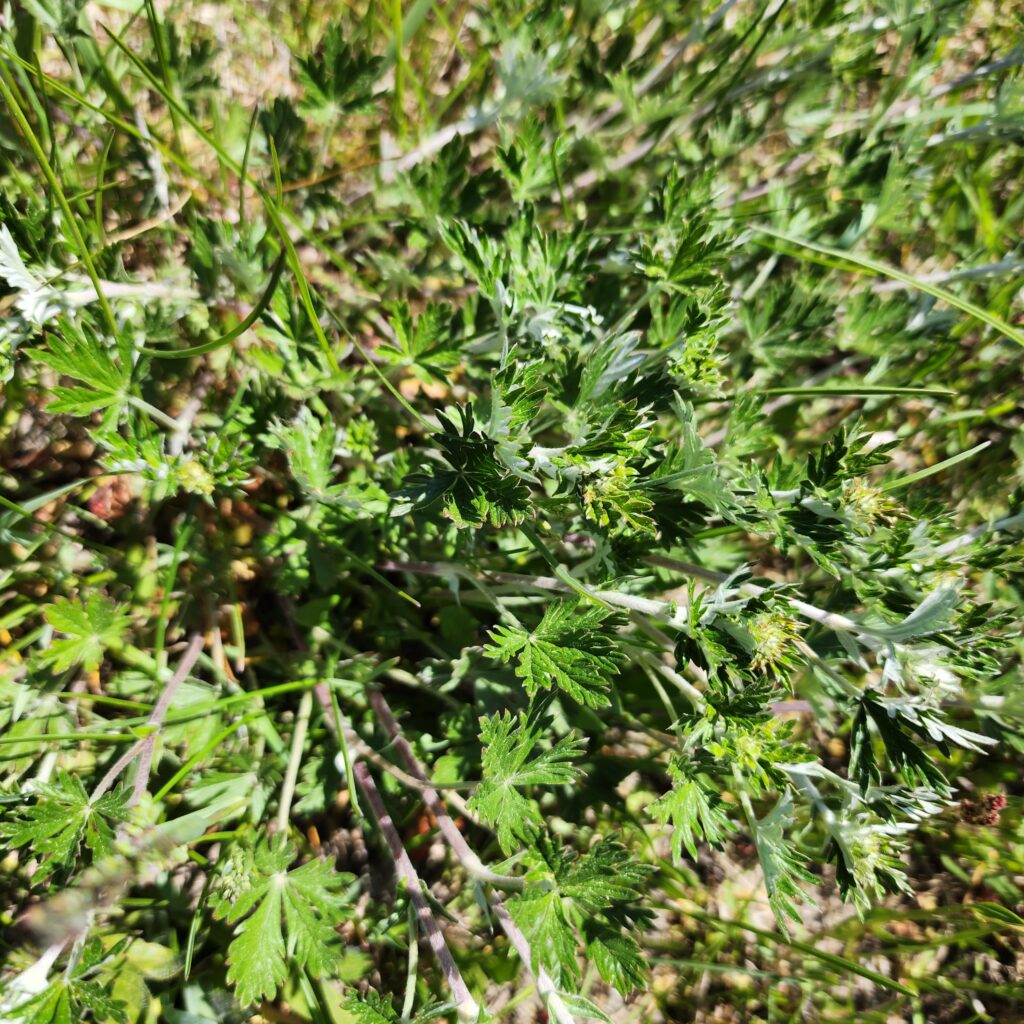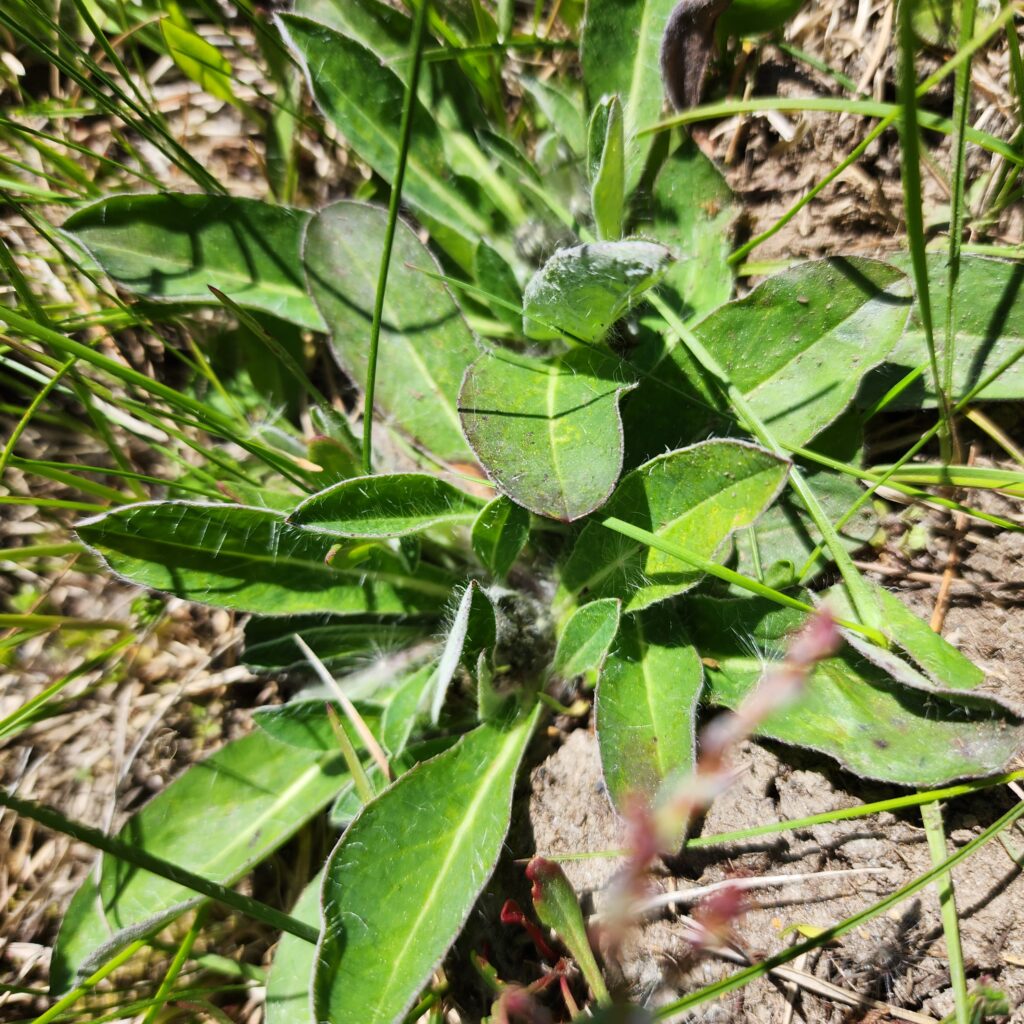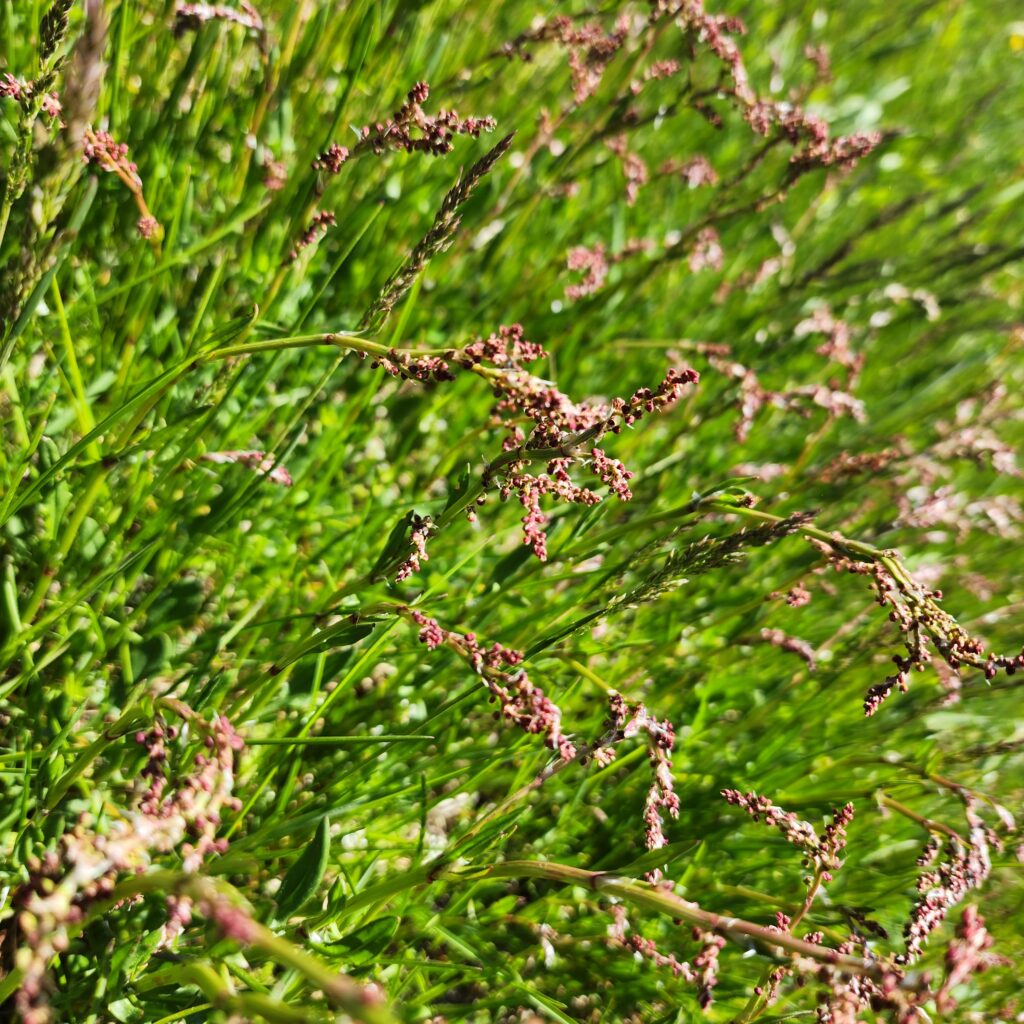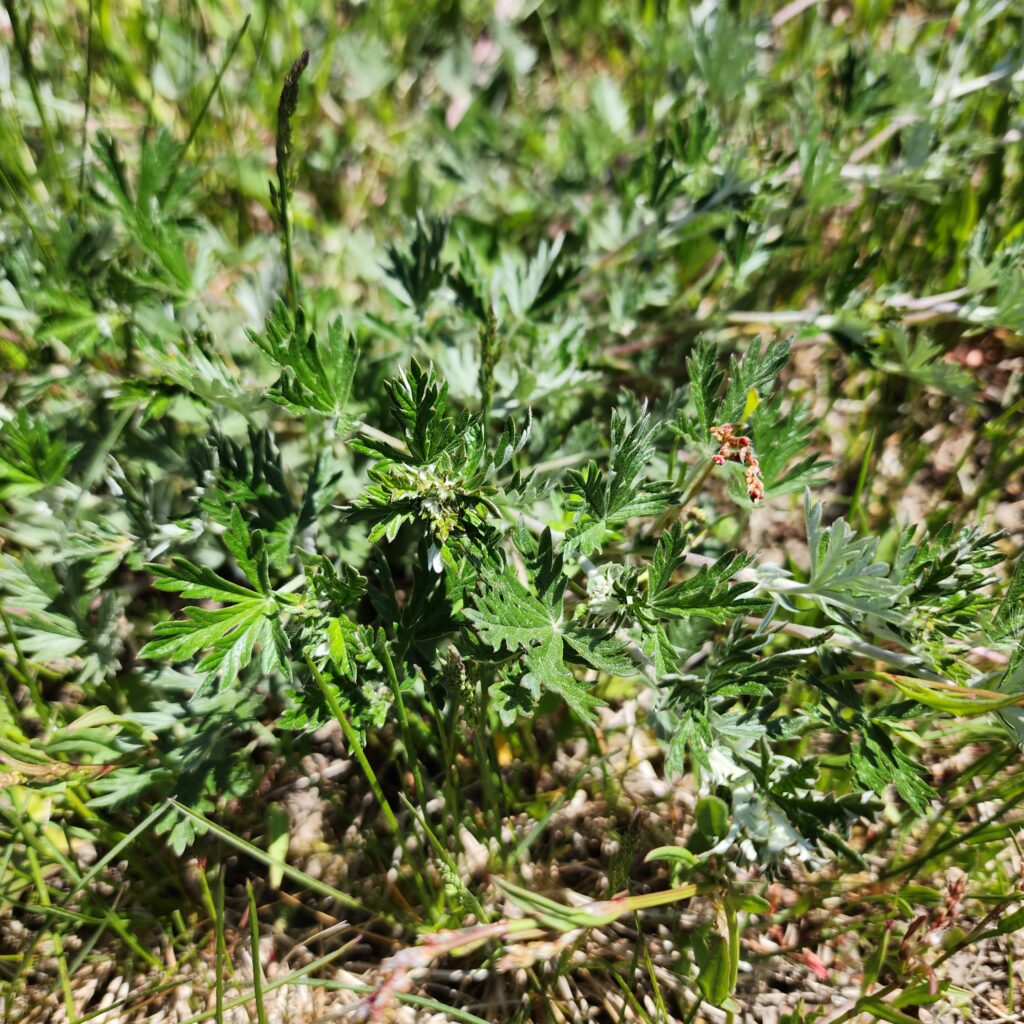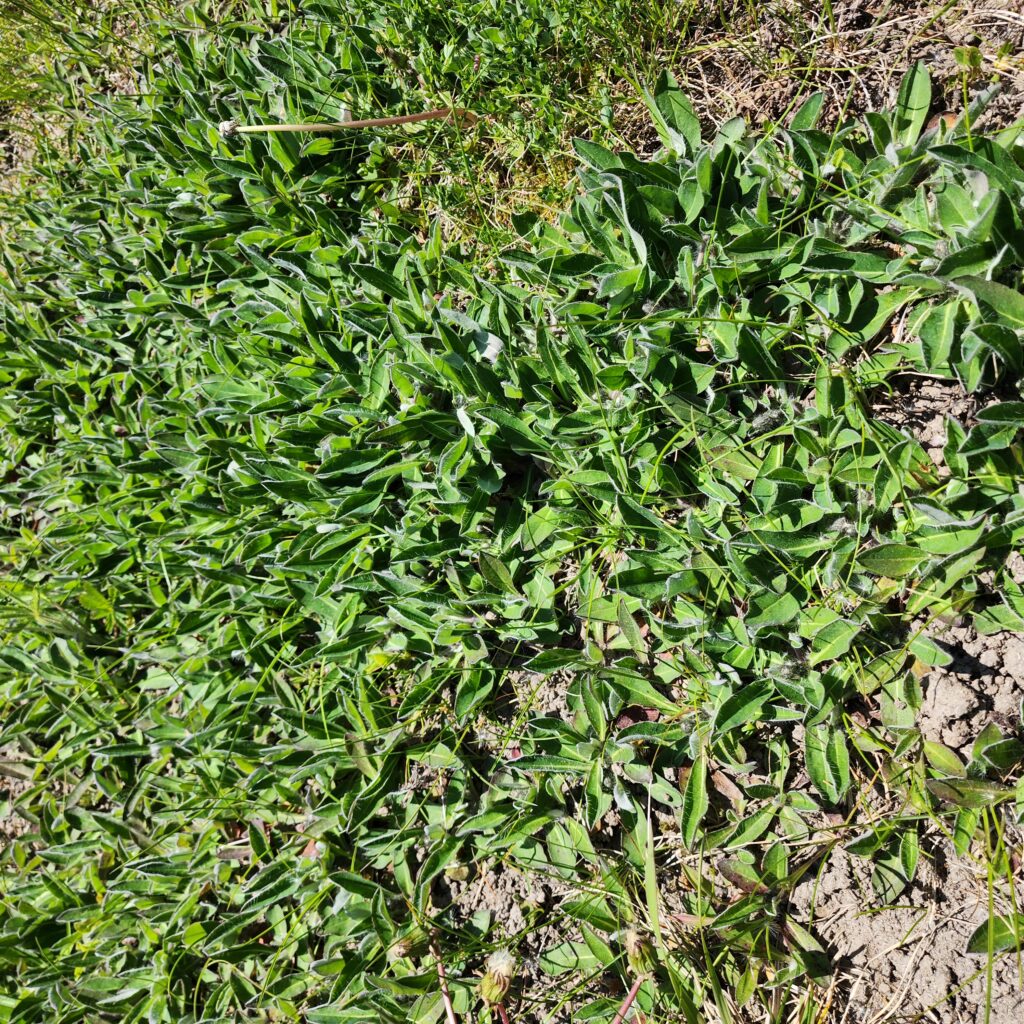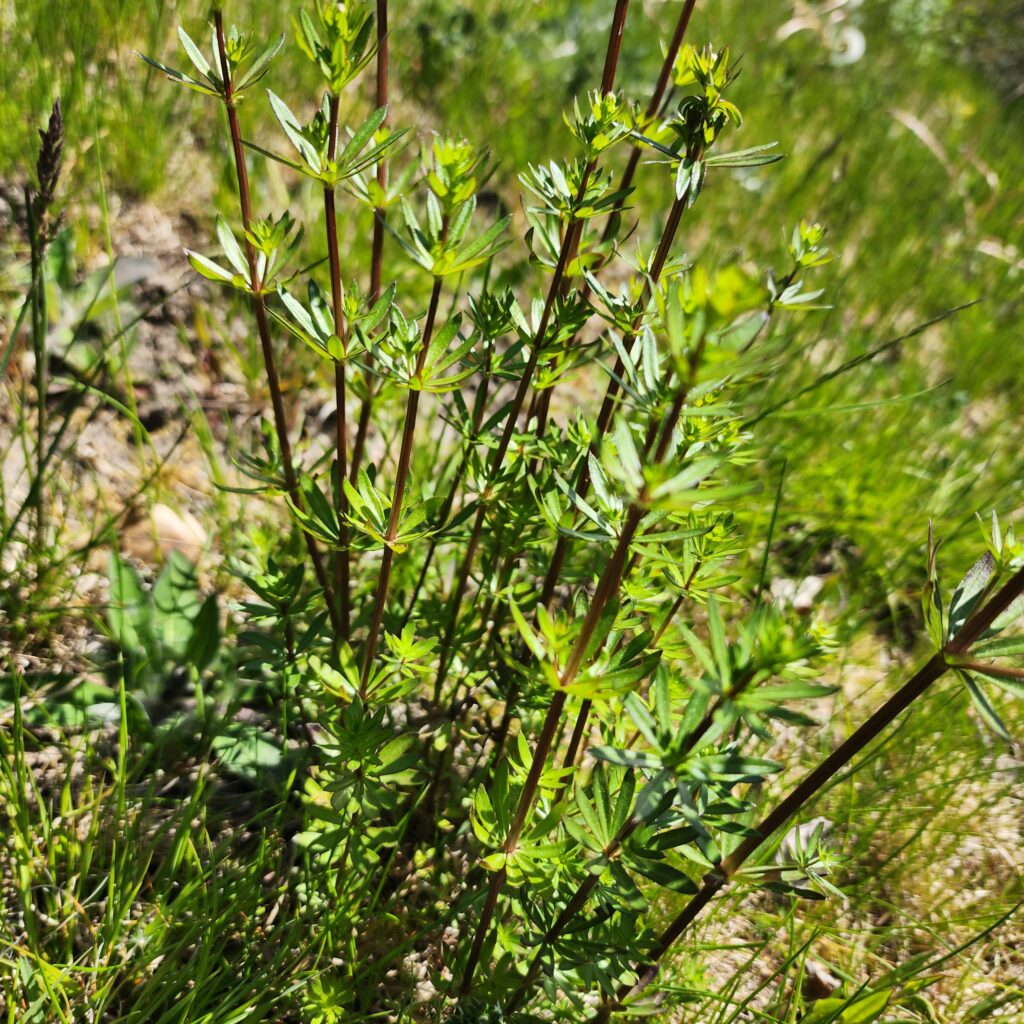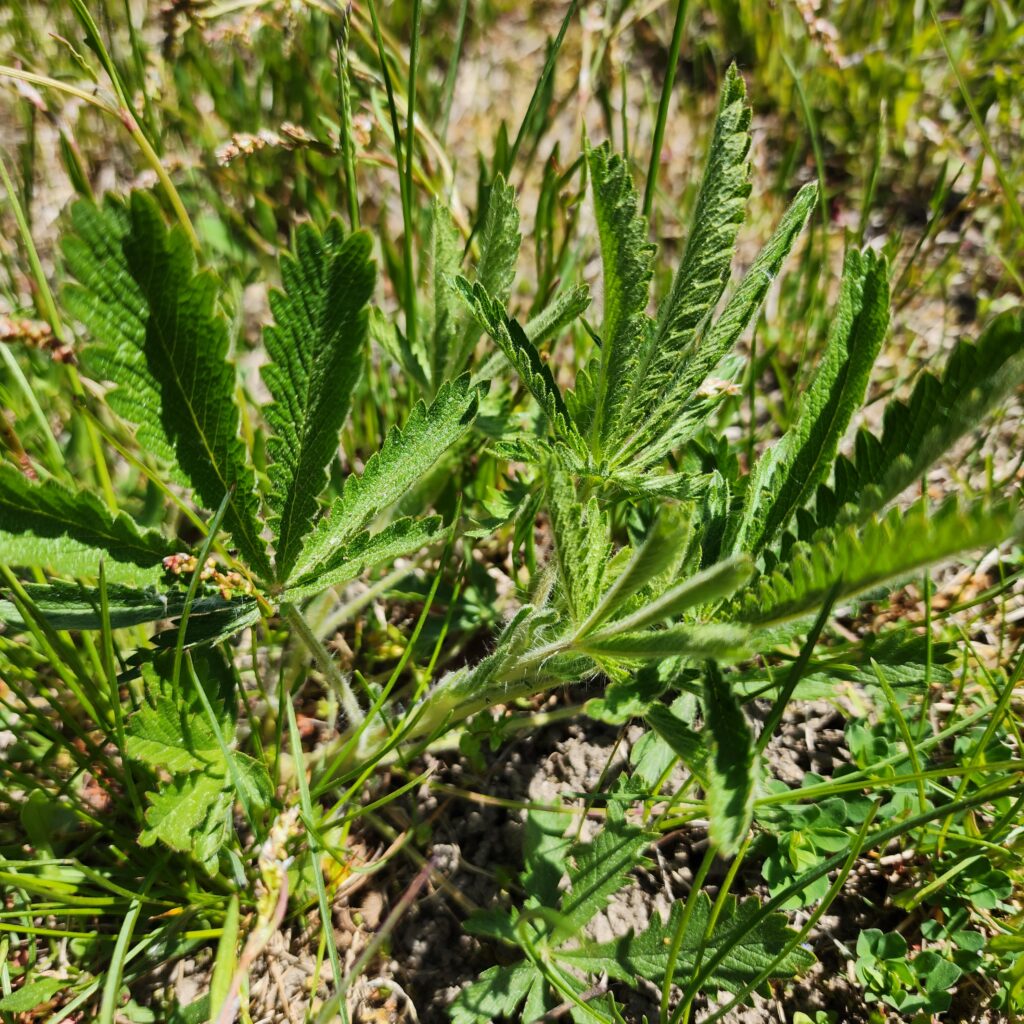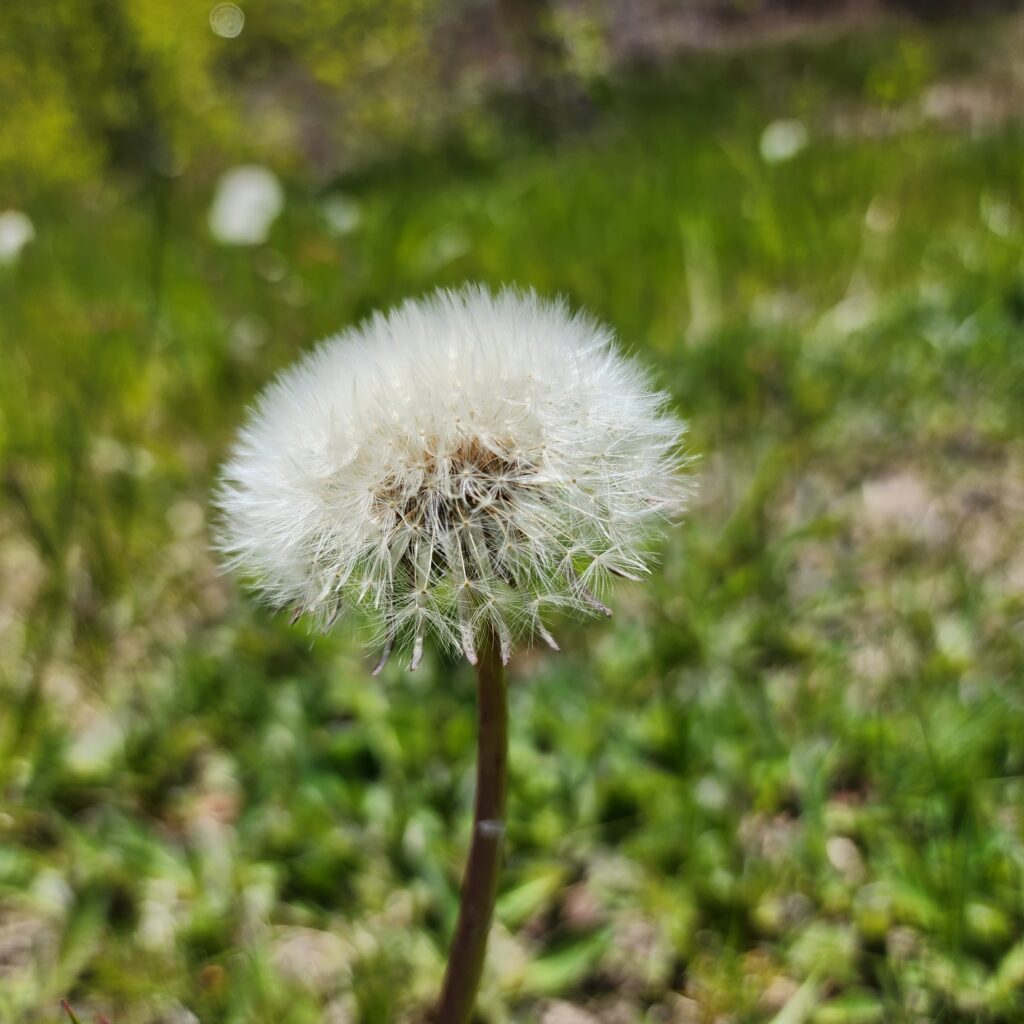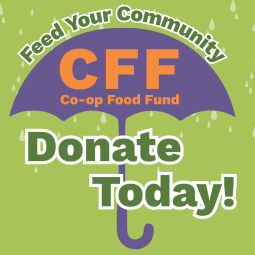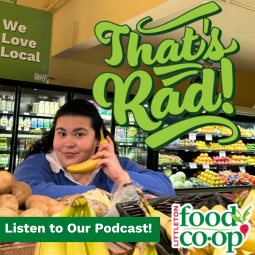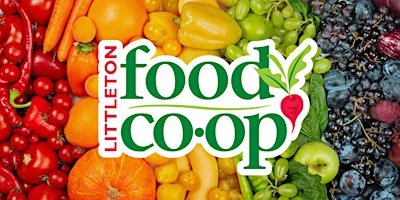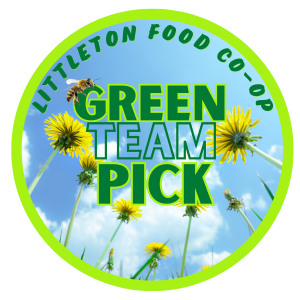
In honor of Earth Day, Littleton Food Co-op’s Green Team is announcing their new shelf tags – look for them in the aisles to signify tried and true products loved by members of our Green Team. Will you find a new favorite natural deodorant packaged in *gasp* not plastic? Maybe! How about some eco-conscious laundry detergent you don’t have to work so hard to lug up some stairs? Take a peek in aisle 5 and your dreams just might come true. Did you know we have plant-based bacon that some of our vegan employees love?! Consider this a permission slip to go on a fun and earth-friendly scavenger hunt around the Co-op! What sustainable featured products will you find?
With whatever you discover, remember you’re not alone in your determination to choose more eco-conscious items for purchase! The Co-op is on a continuous and evolving mission to consider challenges of climate, energy, and ecology as decisions are made throughout the store. Happy Earth Day from the Littleton Food Co-op, and may your findings be both fun and sustainable. Look for these shelf tags throughout the store for Green Team’s picks all year ‘round!
Here are just some of the products the Green Team is loving right now:
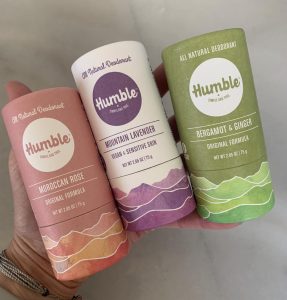
Humble Deodorant
Humble Deodorant has plastic-free packaging and the brand has ingredient transparency.
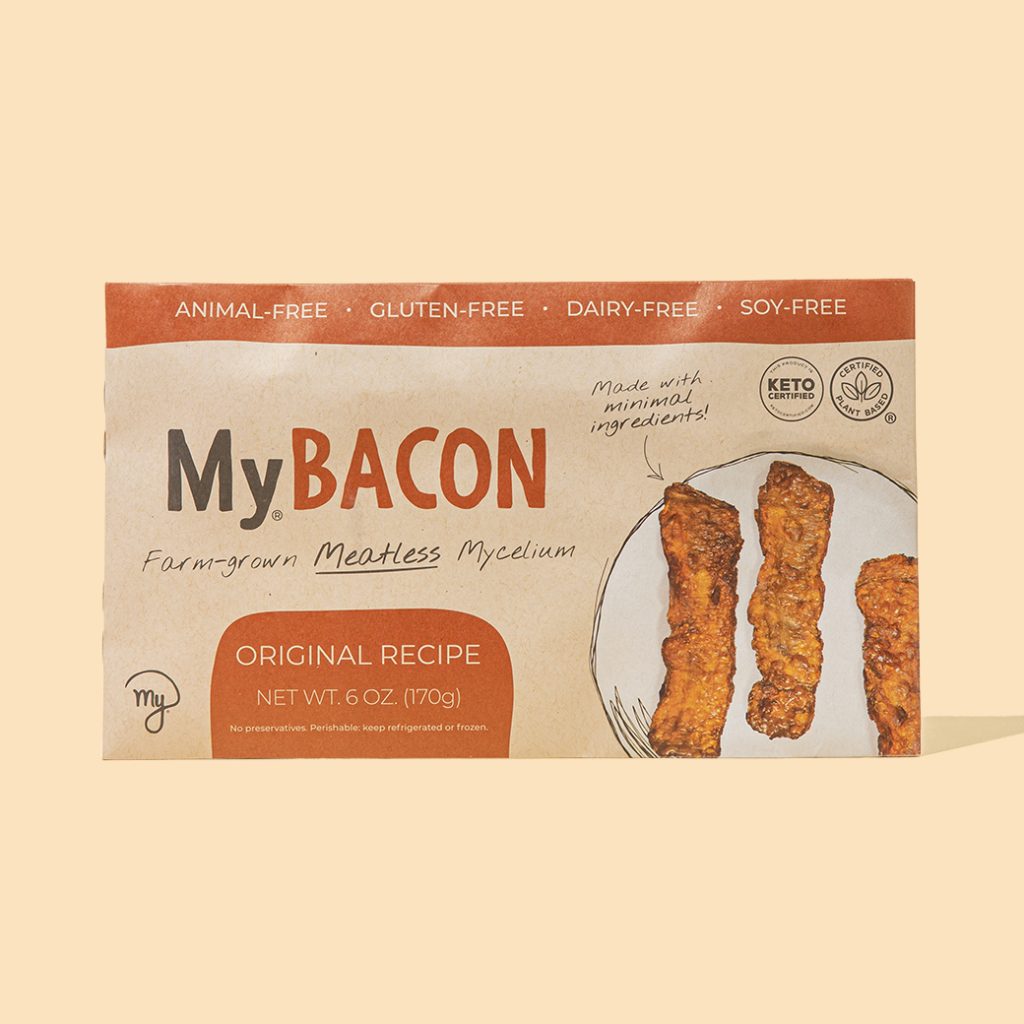
MyBacon
This product is a plant-based (mushroom) bacon alternative- and approved by Co-op resident vegans!
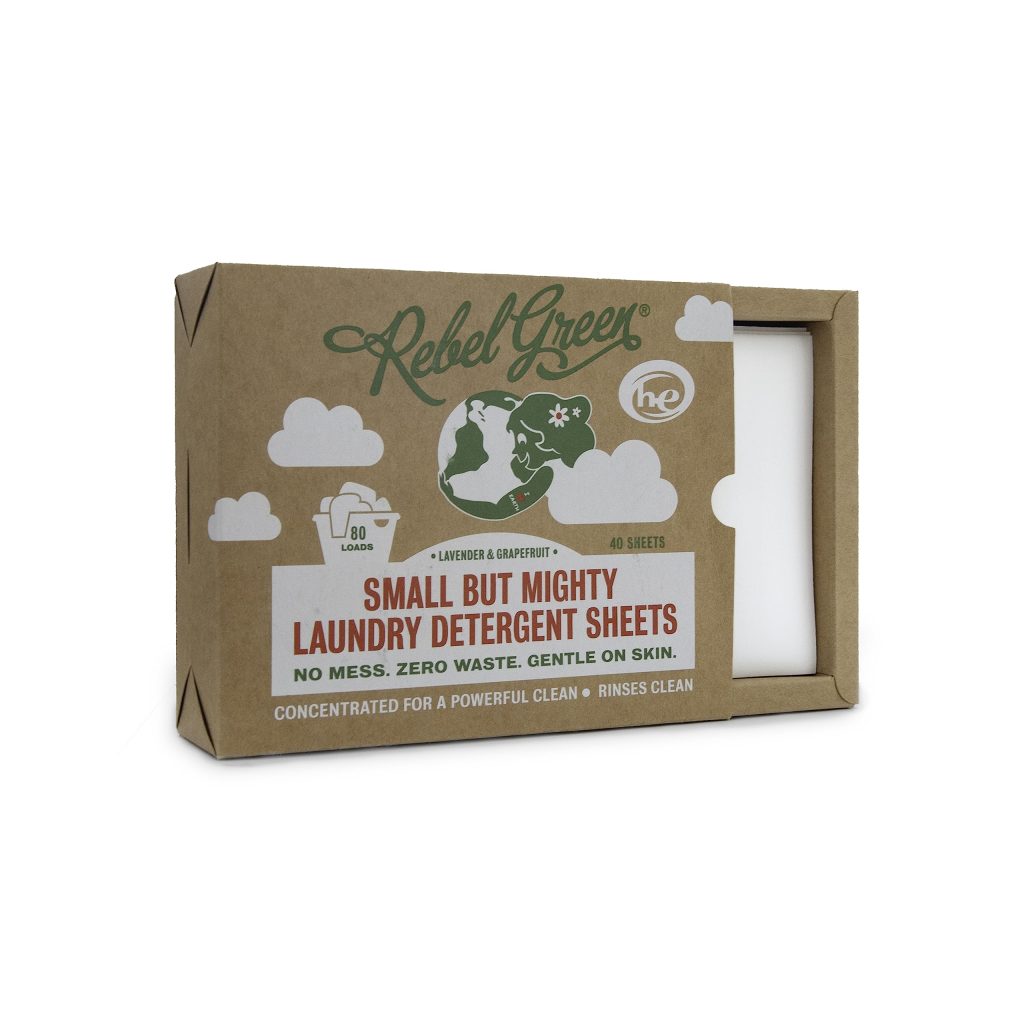
Rebel Green Laundry Detergent Sheets
These laundry sheets have plastic-free packaging!
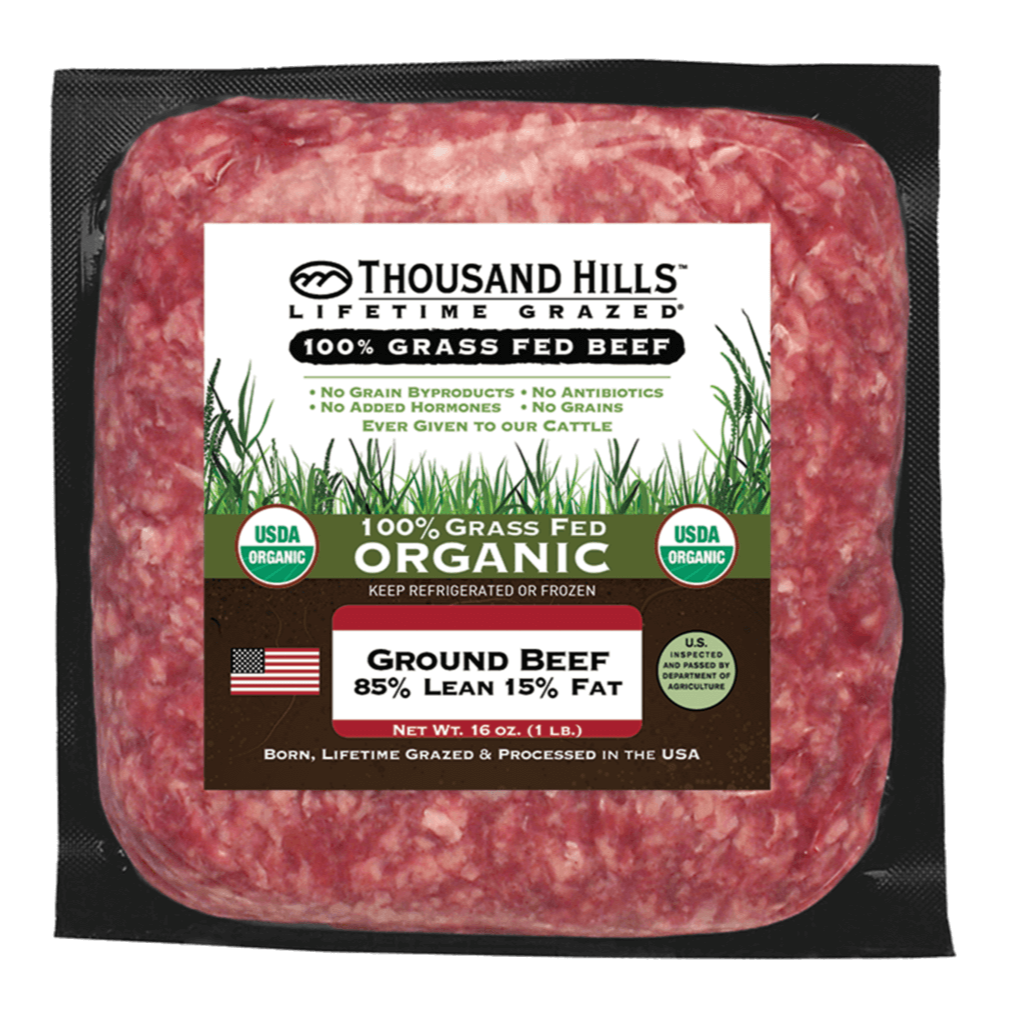
Thousand Hills Beef
Thousand Hills ensures their livestock spend their lives on grass-fed pastures (100% grass fed beef), support and utilize regenerative agriculture practices, and have a lot of educational info on their website.
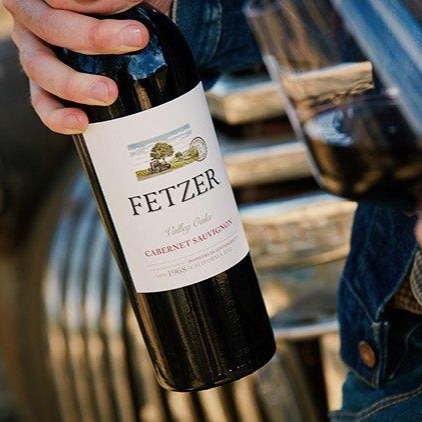
Fetzer Wines
This winery is a Certified California Sustainable winery and a Certified B Corporation, which means the winery is committed to driving a global movement toward building a more inclusive, sustainable economy.
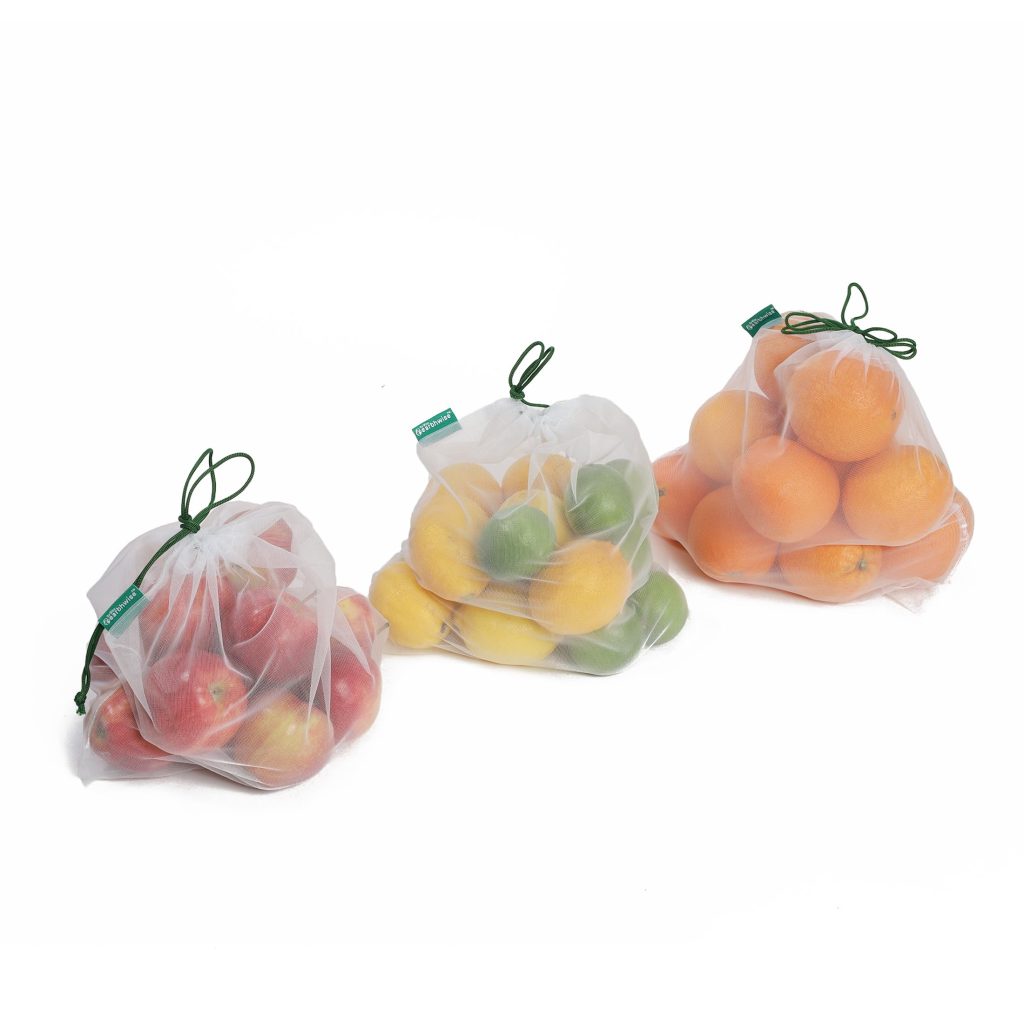
Earthwise Mesh Produce Bags
Their bags are reusable and on a mission to reduce the use of single-use plastics.
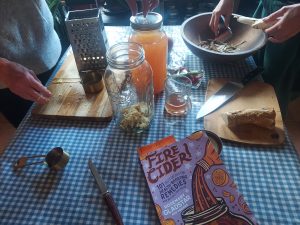 We were fortunate enough to host Grace Phillips of
We were fortunate enough to host Grace Phillips of 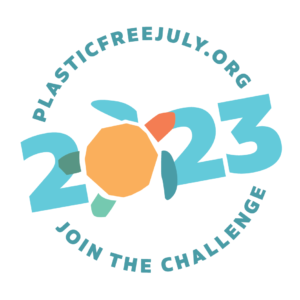 Let’s have a friendly chat about something important: garbage.
Let’s have a friendly chat about something important: garbage.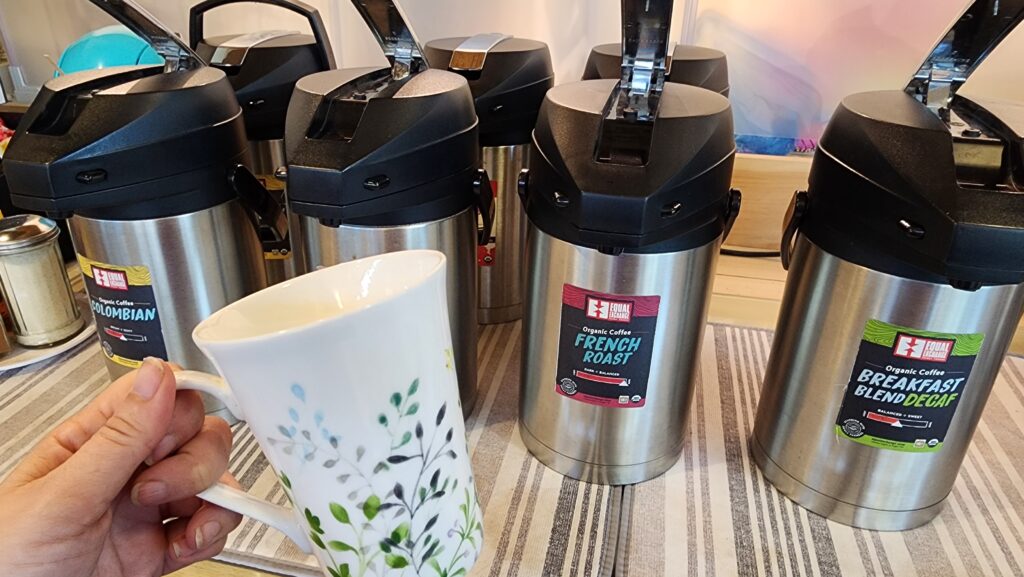
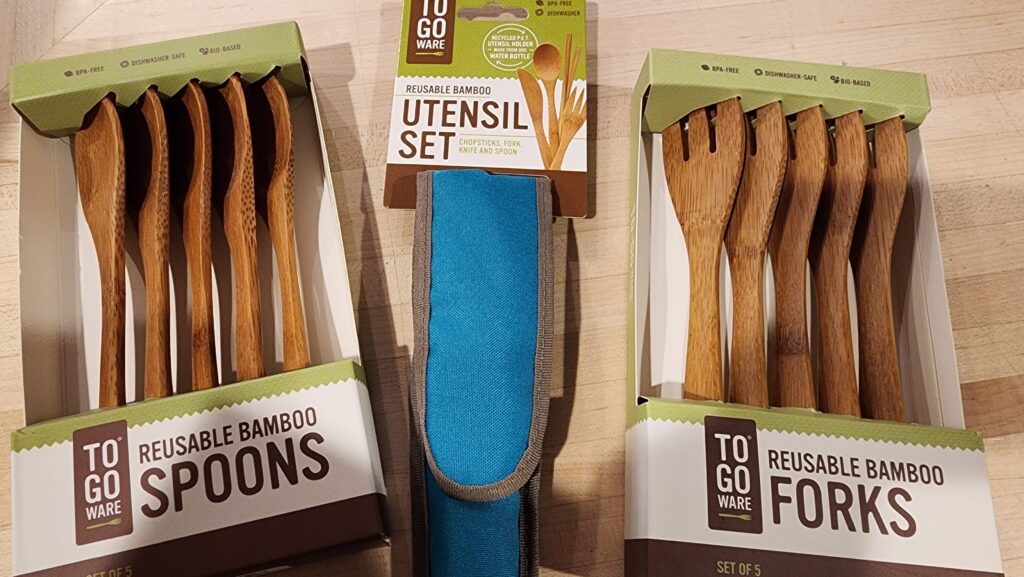
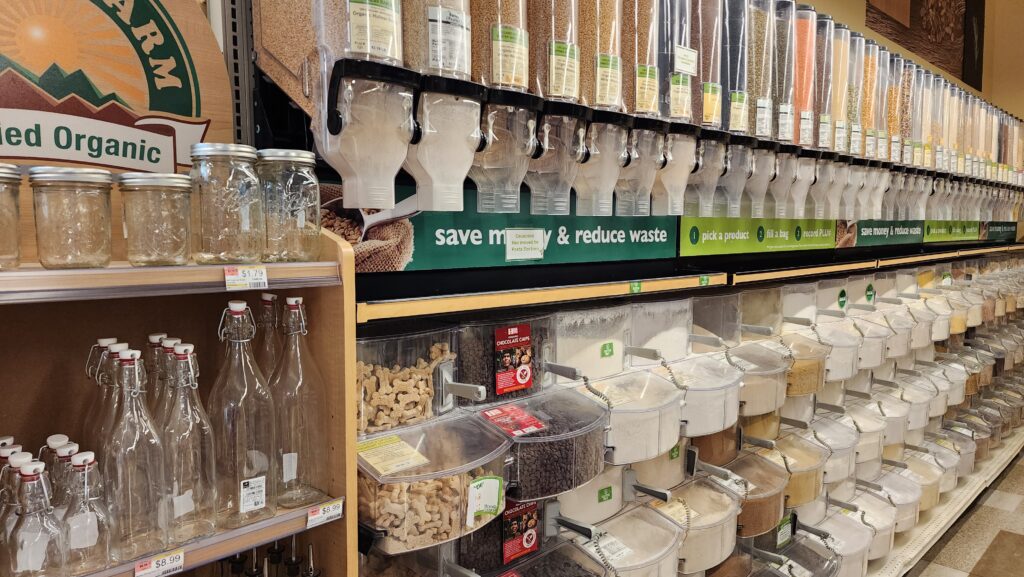
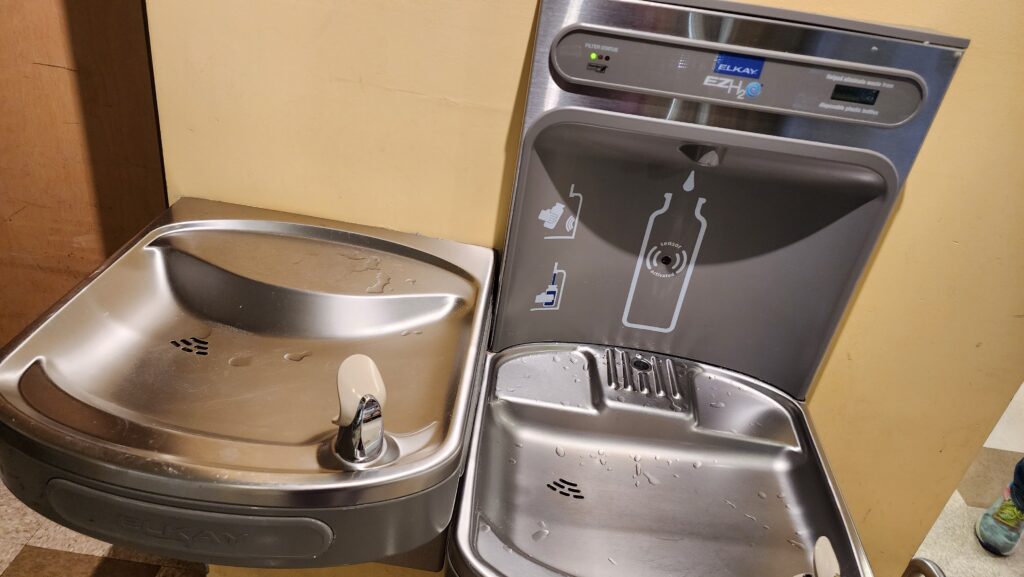
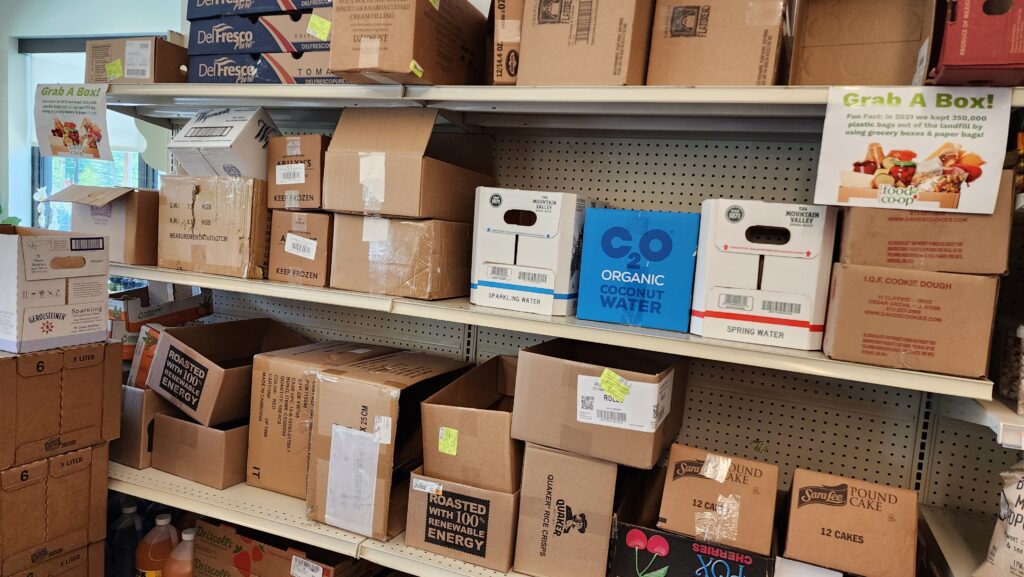
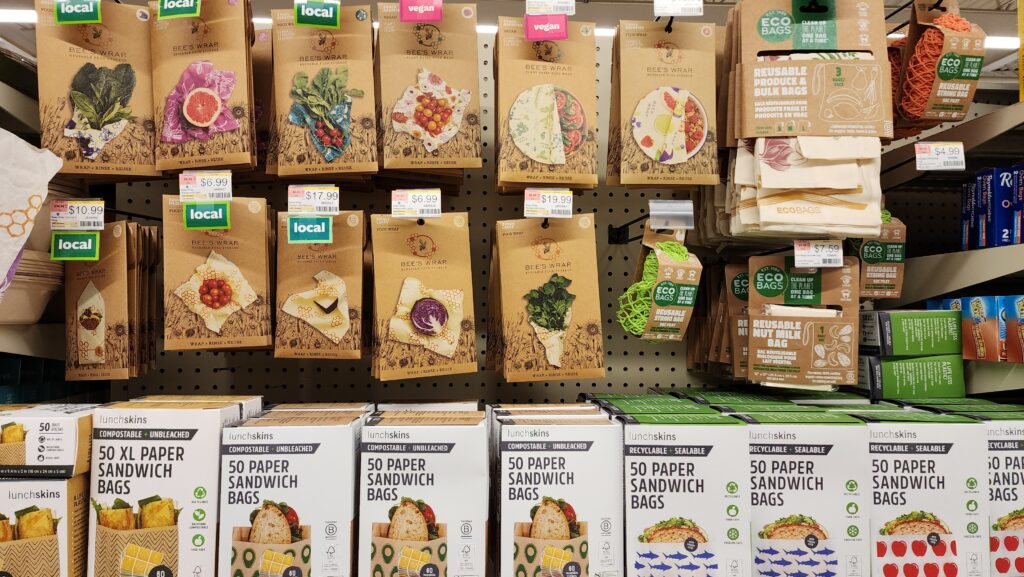
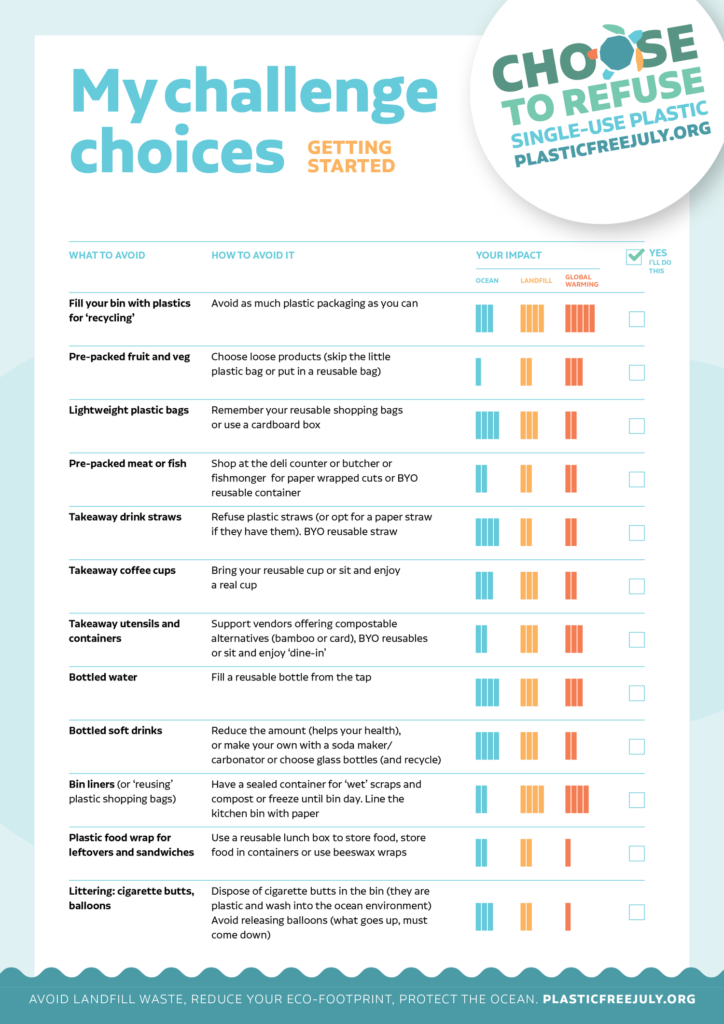
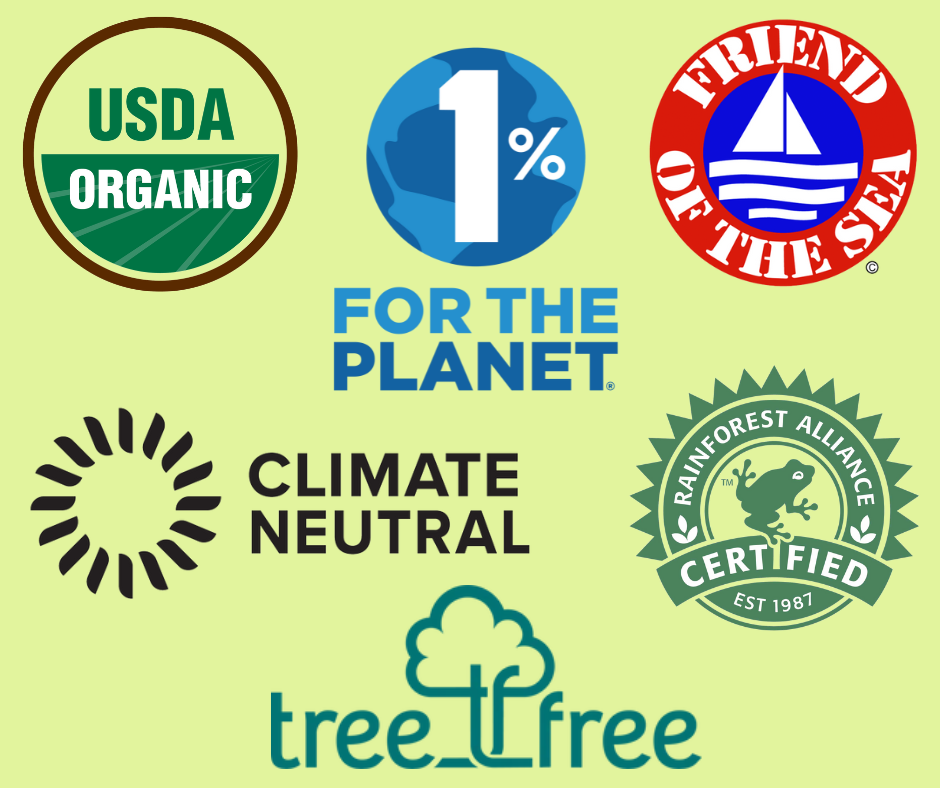
 One Percent for the Planet is an international organization whose members contribute at least one percent of their annual revenue to environmental causes to protect the environment. The aim is to offer accountability, prevent greenwashing and certify reputable giving.
One Percent for the Planet is an international organization whose members contribute at least one percent of their annual revenue to environmental causes to protect the environment. The aim is to offer accountability, prevent greenwashing and certify reputable giving. From fighting deforestation and climate change to building economic opportunities and better working conditions for rural people, the Rainforest Alliance is working to solve urgent environmental and social challenges.
From fighting deforestation and climate change to building economic opportunities and better working conditions for rural people, the Rainforest Alliance is working to solve urgent environmental and social challenges.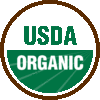 The term “organic” refers to the way agricultural products are grown and processed. While the regulations vary from country to country, in the U.S., organic crops must be grown without the use of synthetic herbicides, pesticides, and fertilizers, or bioengineered genes (GMOs).
The term “organic” refers to the way agricultural products are grown and processed. While the regulations vary from country to country, in the U.S., organic crops must be grown without the use of synthetic herbicides, pesticides, and fertilizers, or bioengineered genes (GMOs).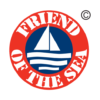 Friend of the Sea has become the leading sustainable seafood certification standard for products and services that protect the marine environment. The certification awards sustainable practices in Fisheries, Aquaculture, Fishmeal and Omega 3 Fish Oil.
Friend of the Sea has become the leading sustainable seafood certification standard for products and services that protect the marine environment. The certification awards sustainable practices in Fisheries, Aquaculture, Fishmeal and Omega 3 Fish Oil.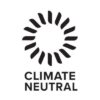 To become Climate Neutral Certified, a company must show that it is working to reduce the greenhouse gas emissions from making and delivering its products and services – and compensates for all of them, every year.
To become Climate Neutral Certified, a company must show that it is working to reduce the greenhouse gas emissions from making and delivering its products and services – and compensates for all of them, every year.
